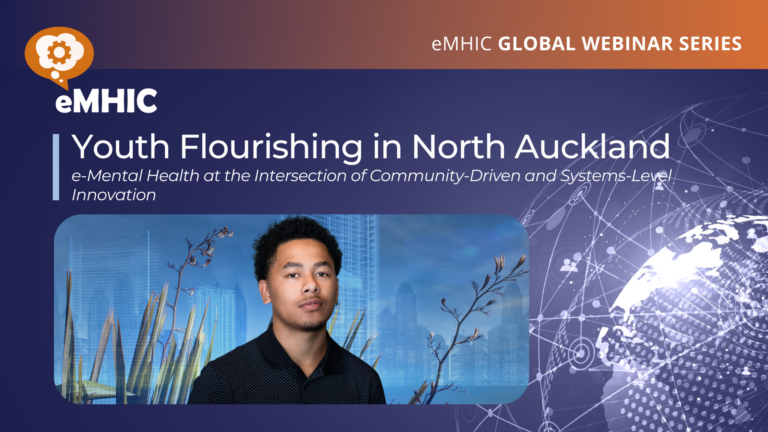Have you ever read somewhere how Cardiology, Endocrinology and Rheumatology were lumped together as “Physical Health” in an attempt to address issues related to these branches of Medicine?
No. Because there is Emergency Medicine, Acute Internal Medicine, Immunology, Gastroenterology, and countless other branches or subspecialities within the field of Medicine itself; and each have their own respective profiles, with due attention given to them. Surgical specialities and various fields related to Diagnostics hold their own distinct identities.
And yet, when it comes to Mental Health, well, it’s still just Mental Health. Psychological Therapies, early interventions to address depression and anxiety, down to the most serious Mental Health illnesses, are in almost all instances, bonded together simply as Mental Health. There are a few generous allowances in the form of Child and Adolescent Psychiatry, Liaison Psychiatry and Old Age Psychiatry.
And therein lies the crux of the matter, which demonstrates how relatively insignificant Mental Health is deemed in terms of national priorities in many developed nations. The sheer scope of giving due share to Mental Health in developing nations is a mountain to climb all together. The due share in this context being recognition of mental health and its manifestation in the form of funding allocations for services and research.
Further exacerbation of the problem lies in the delivery of Mental Health care, which – after being deprived of its due attention as a discipline, not recognising the complex facets it presents with – is the plethora of providers that are often deemed insignificant (and therefore not even considered as delivery partners, when addressing Mental Health) in developing nations, including in the UK.
It was in recognition of the core issues described above, and the drive to tackle them, that NHS England’s Digital Transformation team in London and myself as the Lead of Digital Mental Health decided to commence our journey collectively as a whole Mental Health ecosystem.
It would have been far simpler and easier to assemble the Mental Health Trusts (hospitals) of London to agree between themselves the key pressing issues, and find us a convenient set of digital solutions that would have ticked the “Mental Health box”. However, it was recognised collectively in London, that inclusion of the entire Mental Health ecosystem would bring immense value in the attainment of Mental Health outcomes for over 9 million Londoners.
It was also recognised that – even as Mental Health continues to be treated as a collective area within healthcare delivery – the Mental Health ecosystem and its key partners could at least come together to raise its profile and make robust cases for funding. They could also ensure that the partners not generally considered as part of the service delivery fraternity were not left behind in pursuit of digital maturity, interoperability of systems and the development of digital leadership.
For example, whilst Mental Health Trusts and Primary Care organisations have dedicated Chief Information Officers who set and oversee the strategic roadmap of their organisations, smaller NHS providers within the community (and, in particular, those from the Voluntary Sector providing key Mental Health services), have no such digital leadership embedded within their resource challenged organisations.
The overall gold standard and aim might be for London’s providers to be able to share their medical records, putting them at the fingertips of all relevant clinicians regardless of their clinical or non-clinical settings. However, due to the lack of appropriate technical infrastructure, digital maturity and leadership, smaller providers remain unable to contribute towards the achievement of this golden dream.
The absence of digital leadership, the inability to capture vital data (due to the lack of electronic patient records [EPRs]), and the lack of digital maturity needed to share the data with other providers or to pool it in London-wide portals remains a key issue for many organisations in 2022. What’s more, the missing digital footprint across London’s Mental Health ecosystem exacerbates digital exclusion and inequalities across different cohorts within already deprived communities, whose members use NHS and non-NHS Mental Health services disproportionately more than the rest of the population.
In response, the 10 Mental Health Trusts along with Primary and Community Care leaders (whose focus is Mental Health) came together with London’s Academic Health Science Networks, the Integrated Care Systems, the Police and Ambulance Services and some of the key Voluntary sector partners to form a collective Forum to develop a strategic approach towards Digital Mental Health.
One of the key achievements of the ecosystem was to apply the What Good Looks Like and Strategic Digital Investment Framework to determine the range of digital Mental health priorities. These include digital leadership development across the entire ecosystem, standardised data sharing, and two-way communication channels between services and service users.
This exercise also informed the digital strategies of the Integrated Care Systems, and helped shape some of the key pan-London digital Mental Health programmes. The programmes subsequently attracted multimillion Pounds worth of funding from national and regional partners to achieve some of the priorities, with others firmly on the waiting list for future funding. These programmes include the digitalisation of mandatory/legal (Mental Health Act) pathways, the standardisation of all Mental Health patient records, and key improvements to EPRs that are deployed within Mental Health Trusts.
One of the key attractions for delivering digital Mental Health programmes across London is to enable substantial evaluations of them and the ability for national-level scaled-up implementation. Such programmes would undoubtedly be of interest to international partners, and vice versa for London, England, and rest of the UK to collaborate over and benefit from.
To date, the approach taken by London to address the challenges faced by digital Mental Health appears to be yielding positive results, and it is being looked on with optimism by other regions in England with a keen interest to replicate.





